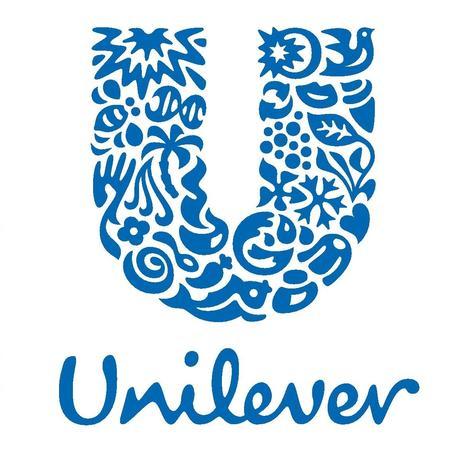
They’re trying to change.
Recent research suggested what many feminists have already spoken up about in the past: Only 2% of Unilever ads “portray intelligent women.” Unilever — the global corporation behind many famous brands such as Dove, Axe, Lynx, and Lipton — recently announced that they will reconsider using demeaning portrayals of women and sexism to sell their products. Instead of exploiting women’s insecurities, the company promised to instead promote images of intelligent women rather and declared that their goal is to #UNSTEREOTYPE women through the advertisements of every brand of their corporation.
Many experts have connected the prevalence of such destructive ads created by brands across the board to the rise in young girls’ negative body image. For example, activist Jean Kilbourne has noted that the average American encounters 3,000 advertisements every day, and spends a total of two years watching TV commercials in their lifetime — many of which center unrealistic standards of beauty — and that this beauty ideal has contributed to the reality that 50% of three- to six-year-old girls worry about their weight.
Advertisements have exploited women’s insecurities in order to convince them to buy products for decades. Advertisers associate idealistic images of women with their products in order to make consumers believe that these products will help them come closer to whichever ideal has been placed on their screen. Take, for example, Protein World’s weight loss “Are you beach body ready?” ad, which was released in the UK in April of 2015. The ad depicted a woman in a bikini with virtually no body fat. The advertisement encouraged women to believe that if they used the Protein World weight loss products they, too, could look like the fat-free, white, blonde model who stared at them from the billboards around their city or town. The ad was met with incredible backlash from women in the UK and was ultimately banned from being displayed there. Yet the ban in the UK did not stop Protein World from releasing the ad in New York — and attempting to increase profits worldwide.
But Unilever hopes to disrupt this pattern — and has seemingly tried to in the past. In addition to their new vow to more holistically portray women as they truly are (rather than as the current one dimensional portrayal often depicted on TV and in ads in advertising), Unilver’s company Dove is already known for their relatively diverse, body-positive ads.
It’s still worth questioning Unilver’s true motivations, though. Although Dove’s ads seem to celebrate women, they’re also still undeniably centered on valuing beauty over intelligence — or any number of things that more accurately represent the capabilities and desires of actual women. What’s more, Unilever spends a tremendous amount of money on advertising each year: In fact, they spent $8.3 billion in 2014 alone. Given these financial stakes, it seems the company is interested in making their investment count and have caught on to the way the public has embraced “femvertising” — a new wave of advertising that embraces aspects of feminist thought and “empowerment” rather than blatantly highlighting women’s insecurities and flaws for the company’s financial gain. Yet plenty have pointed out that the companies using femvertising seemingly do so purely for the validation and praise of the feminist public rather than truly benevolent intentions.
Though it is easy to be cynical about Unilver’s motivations to #UNSTEREOTYPE, therefore, we should try to remain optimistic about what this shift may achieve. Hopefully, their declaration can be a catalyst for a revolution in the way that women are portrayed in advertisements and media overall. But even so, it’s still essential to recognize that there are major flaws even in large steps in the right direction. Unilever has vowed to change the way that men and women are perceived in media — with no mention of anyone outside of the gender binary. Ideally, all advertisements would cease to use exploitation of insecurities as a means of financial gain and, hopefully, we will soon be in a place where people of all genders can be seen on screen and each one is regarded as the capable beings that all of us are.

